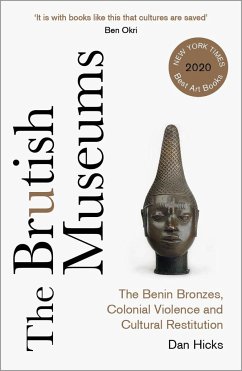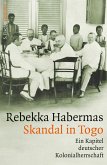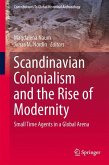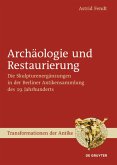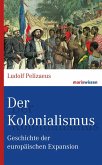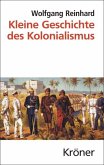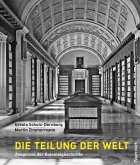New York Times 'Best Art Books' 2020 'Essential' - Sunday Times 'Brilliantly enraged' - New York Review of Books 'A real game-changer'- Economist Walk into any Western museum today and you will see the curated spoils of Empire. They sit behind plate glass: dignified, tastefully lit. Accompanying pieces of card offer a name, date and place of origin. They do not mention that the objects are all stolen. Few artefacts embody this history of rapacious and extractive colonialism better than the Benin Bronzes - a collection of thousands of metal plaques and sculptures depicting the history of the Royal Court of the Obas of Benin City, Nigeria. Pillaged during a British naval attack in 1897, the loot was passed on to Queen Victoria, the British Museum and countless private collections. The story of the Benin Bronzes sits at the heart of a heated debate about cultural restitution, repatriation and the decolonisation of museums. In The Brutish Museums, Dan Hicks makes a powerful case for the urgent return of such objects, as part of a wider project of addressing the outstanding debt of colonialism.

